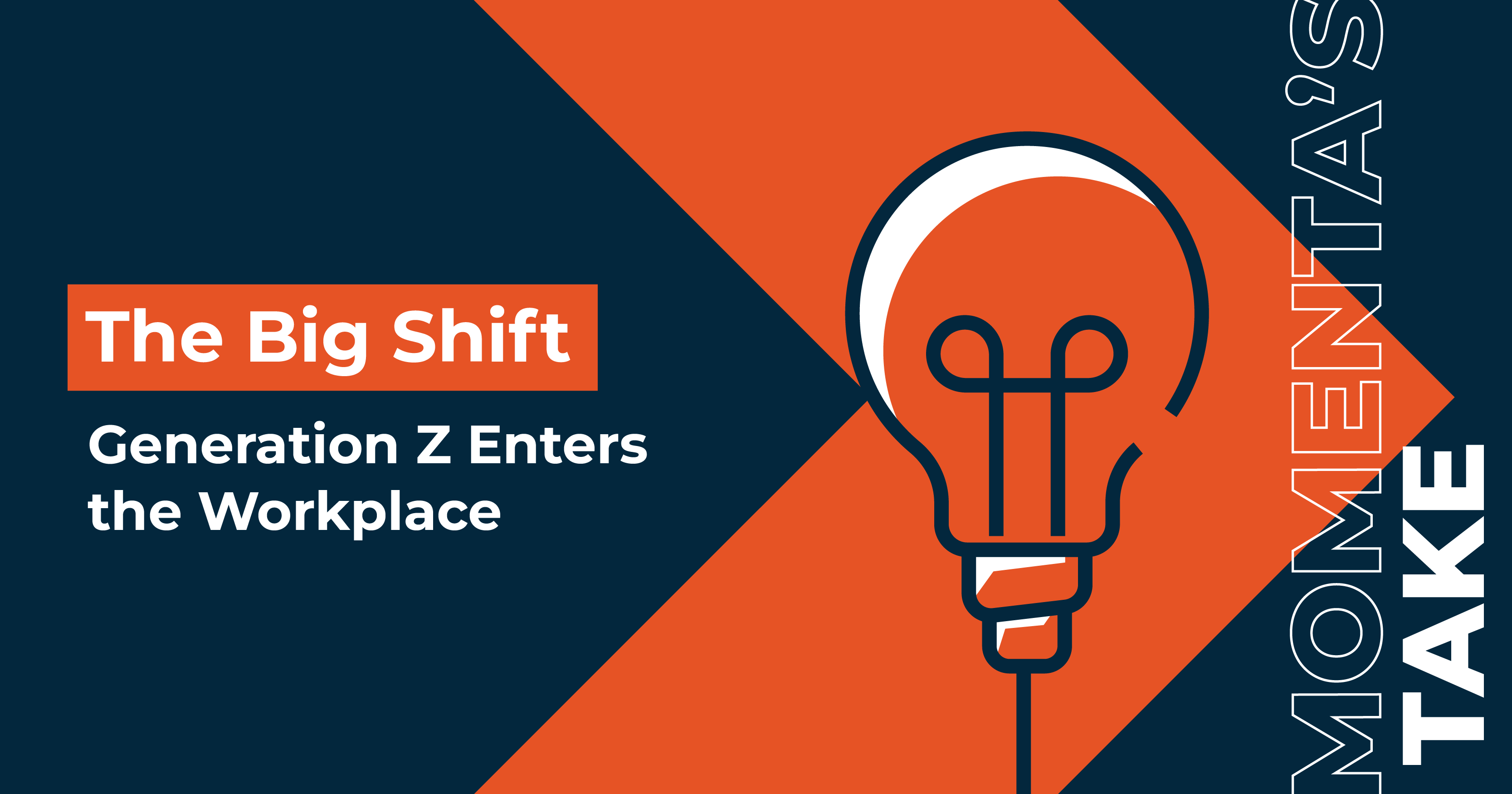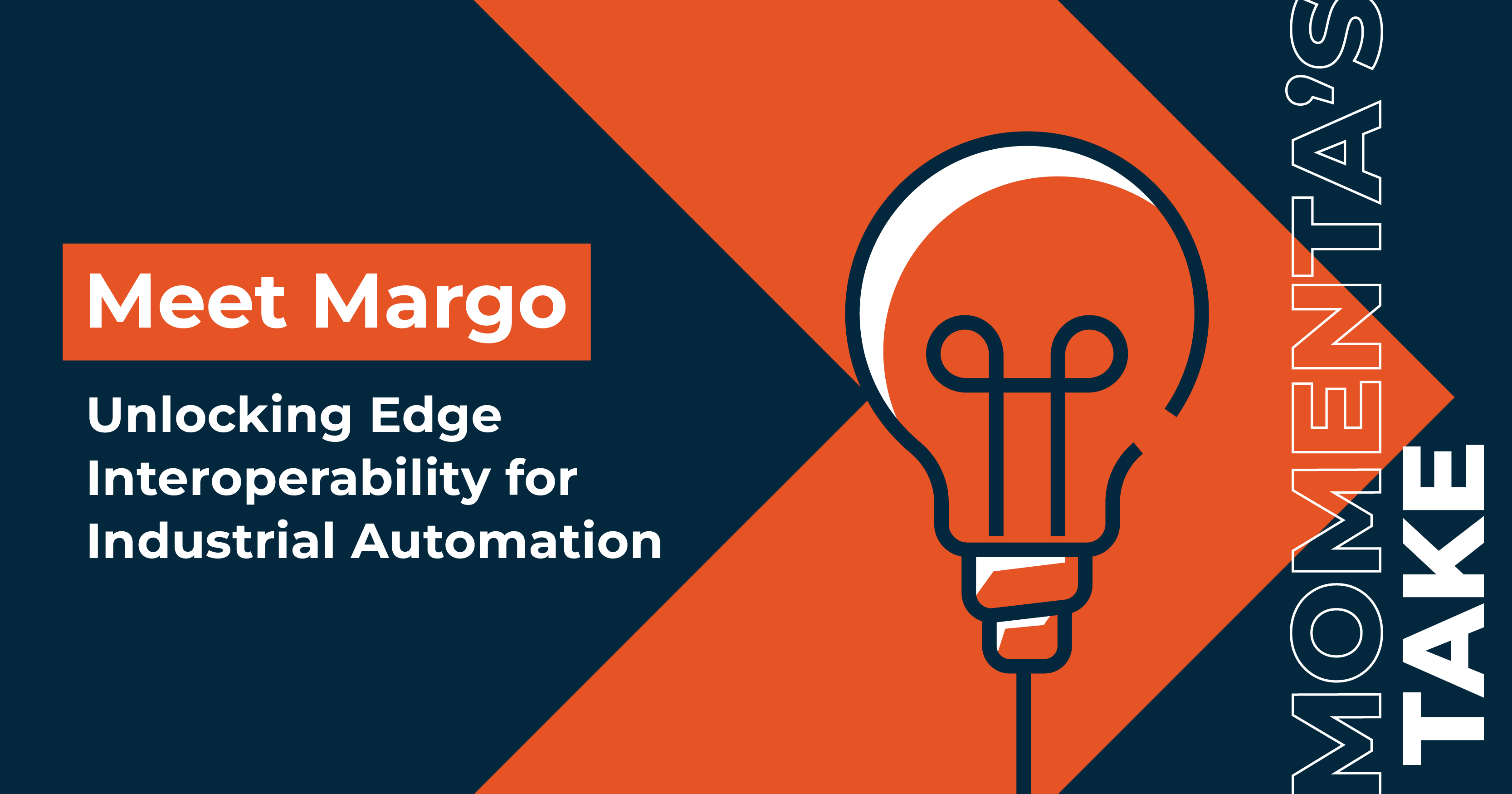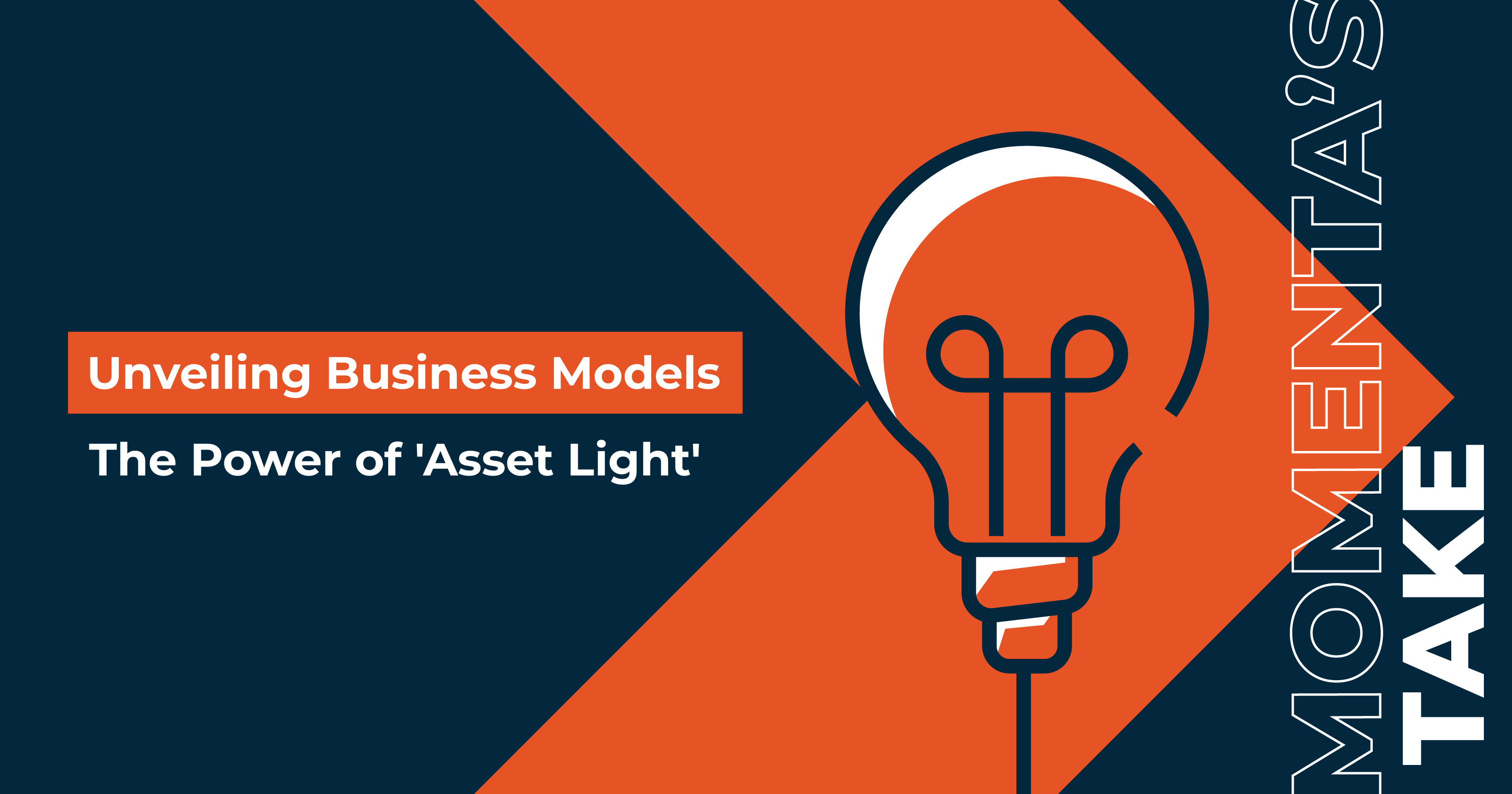Momenta Startup CEOs Share Best Practice on COVID-19
Momenta

By now we have all seen numerous emails and articles from VCs and other advisors recommending actions for startups to take in the face of the COVID-19 situation. It’s mostly prudent and practical.
But Momenta Partners recently decided to take a different approach. Rather than simply give them advice from the outside, we assembled three separate panels of CEOs from our Momenta Ventures’ portfolio companies and asked them how they were coping with COVID-19 and what advice they would give fellow CEOs running startups targeting Digital Industry.
What follows are the highlights of these sessions with a focus on hearing their reflections and advice in their own words.
The New Normal:
Obviously, this situation has taken most people by surprise. “I thought I had seen it all,” said an experienced CEO, “but this was a completely new twist. The Board is terrified. These events will leave a scar.”
The consensus was that this situation is not going to simply reverse in a few months or quarters but that it is largely “the New Normal. The future is being accelerated.”
China was thought of as a kind of the exception that proves the point. “China has converged to normality, but the economy was already far more virtual and digital than ours, so the Western world will be adapting to that kind of normal. For them, the new normal was already pretty normal.”
But then the conversations turned to how we can take advantage of this new normal. “Don’t buy conventional wisdom” because “times of crisis can be times of opportunity.” “As horrible as these events are, sometimes it takes a crazy event to spur needed change. The biggest impact of Covid-19 is allowing us to get unstuck from a legacy mentality.”
As a result, “hibernating would be the worst thing we could do” but, instead, use any downtime to provide ”some runway time to prep for execution” and “finally have the time to focus our people on a hunt for value,” although “things do need to stabilize a bit before you get too aggressive.”
People:
On the people front, the majority of startups represented on the panel (mostly early stage) were either created as distributed, virtual companies or are at least partially so. Those that weren’t “didn’t appreciate how radical a shift it is to work remotely.” To that end, Coronavirus was “accelerating the future of work”.
The “first actions were around the wellness of our people” with the “safety of employees and their families as the number one priority.” After that, the focus moved to “maintaining morale in the workforce.” Tactics included “letting them know that the dogs and kids running around in the background was okay” and “encouraging them to put structure into their day.” The “bigger impacts are on single employees who are now shut-in” who have nobody to interact with in person. “Nothing truly replaces person-to-person contact.”
All-hands sessions have become more frequent than before, with “check-ins every day, virtual happy hours” and other efforts to have fun as a team.
It was noted how “fear is a very powerful emotion” and leaders don’t need to be adding to anxiety levels. Employee engagement and transparency are critical, but these are “things we should be doing anyway” and don’t have to be put in the context of COVID-19.
In the end, some CEOs saw an upside. “We are actually bonding more as a company through this – working from home and being able to share what is going on in our daily lives.” And some who were not already running fully virtual said they “may not go back.” One had already canceled his lease.
Financial Impacts:
Most of the discussion in the press around ‘advice from VCs’ has been related to preparing for potential financial impacts. That topic did come up during the roundtables, but it was mostly taken as obvious and not the core focus. The proverbial “cash is king” was repeated many times and some CEOs (but not all) stated they would “get aggressive on cost reduction and turn the dial back on based on what is going on in the marketplace” and assume no more fundraising in 2020.
Other responses included a “return to traditional zero-based budgeting” and “hiring based on results, not plans.”
A topic that came up with numerous CEOs was focusing around government incentives and programs. This feedback came from around the world including Canadian, European, and US-based CEOs, and was given prior to the announcement of any specific US government bailout programs. The advice was to “scoop up government incentives and grants” that are available, including some that were available before “but you just didn’t have time to look into them.”
Finally, the topic turned to the ability of companies to acquire competitors and adjacent companies cheaply that have undergone a “death blow” from current events. One commented that “during the last financial crisis I was able to buy my #1 competitor for two mules and a dog!” Ultimately the “consolidation of the IoT space will be accelerated and there will be lots of inorganic growth opportunities.”
Positioning and Messaging:
It was surprising how many CEOs had already responded by strategically reframing how their solutions relate to the market. True startup agility! These changes included a focus on verticals and use cases that are less impacted by Covid-19 and on longer-term projects that are less impacted by near-term events.
Especially given the current challenges in using the human workforce, some had decided that to “position solution benefits around efficiency is a strong message”. Specific to digital industry, it was believed that “companies will be accelerating opportunities with robots and automation which will be a positive for most companies in our space” and that “this is a good opportunity to show off what technology is capable of today.”
The few that had not already fully committed to the XaaS (Everything as a Service) model were recasting their offerings as opex, not capex. One had added a freemium offering to the product lineup to lower perceived risk and “reduce the level of approvals required – since they will be really, really painful to get.”
There was a good discussion around the topic of “is it too soon to position around a COVID-19 related message?” The consensus was the “people need good news right now” and “solving a real problem, no matter what the cause, is always good news as long as the solution is truly relevant.” The trick is to not be seen to be capitalizing on a crisis but, ultimately, “you shouldn’t feel bad if your technology is doing good things to help.”
Go-To-Market:
While sales efforts have certainly seen some impacts, advice included “don’t assume every deal is delayed because some are moving ahead aggressively” and such assumptions could become a self-fulfilling prophecy. It did appear to the group that a “larger portion of corporate spend is going to IT” than ever before, which will be helpful – obviously moving out of T&E.
With a stop to virtually all global events, there was quite a bit of interest in “running one-off webinars, as a replacement for events” often in conjunction with strategic partners. Although “some companies in Europe are restricting streaming content” for bandwidth reasons, so that’s something for marketers to watch for.
One company had actually created a mobile app for prospects to assist with a touchless buying process (despite this being a complex B2B sale). The app was created based on packaging up existing sales training materials – an innovative idea and “a great way to begin or continue conversations with companies.”
Fundamentally, it “will be really interesting to see how we engage customers when it’s a complex sale and relationships matter.” In this context, “joint selling with partners is becoming more powerful than ever before.”
Supplier, Customer and Partner Engagement:
All agreed that they “must reassure customers about stability” and “reinforce that they matter to you.” Regarding the frequency of messaging, most felt that “continuous messaging to customers, not just about COVID-19, also helps provide ‘proof of life’ – that the company is a vibrant, ongoing entity.” It is also important to “set up a regular cadence to check in with suppliers and partners” and foster “continuous, open communication lines.”
An idea that received a very positive reception was to hold “virtual lunch dates” over videoconferencing, by having lunch delivered to the partner or client which you could then share virtually. What a great concept!
Communication styles and patterns are definitely in a state of flux. Although “some people are becoming less responsive,” in many cases “customers seem to have more time on their hands to consider new things and are more available.” In some situations, “it’s like talking to a whole different person. People who never used to read their emails before are now finally reading them!”
It was noted that the “ability to access physical locations will be limited, as we experienced after 9-11” which is particularly relevant to IoT-related projects that have a hardware component. The group also discussed the need to “really pick up on the idea of resilient supply chains – resiliency at the system level.” Planned efforts included the onshoring of supply chain elements out of Asia and the greater use of distributed factories.
Fundamentally, the CEOs agreed that they “have to perform at a level to exceed customer expectations” more than ever before in this new, challenging environment. A key to success is to “focus even more on the customers we already have” and they noted that it “will be a challenge to find new strategic partners right now. Time to double-down on existing relationships.”
Overall, both the attending CEOs and the Momenta Partners who joined in were truly inspired and motivated by the discussion. Far from retrenching in fear, these CEOs and their companies are prudently driving ahead, ready to take advantages of the challenges and opportunities in front of them.

The Momenta Startup Advisory Practice helps small to mid-sized innovators accelerate their time to value. Based on our deep industry expertise and decades of operating experience our offerings include support for core strategy optimization, solution positioning, go-to-market planning, and fractional CxO services. Contact us to learn more.



